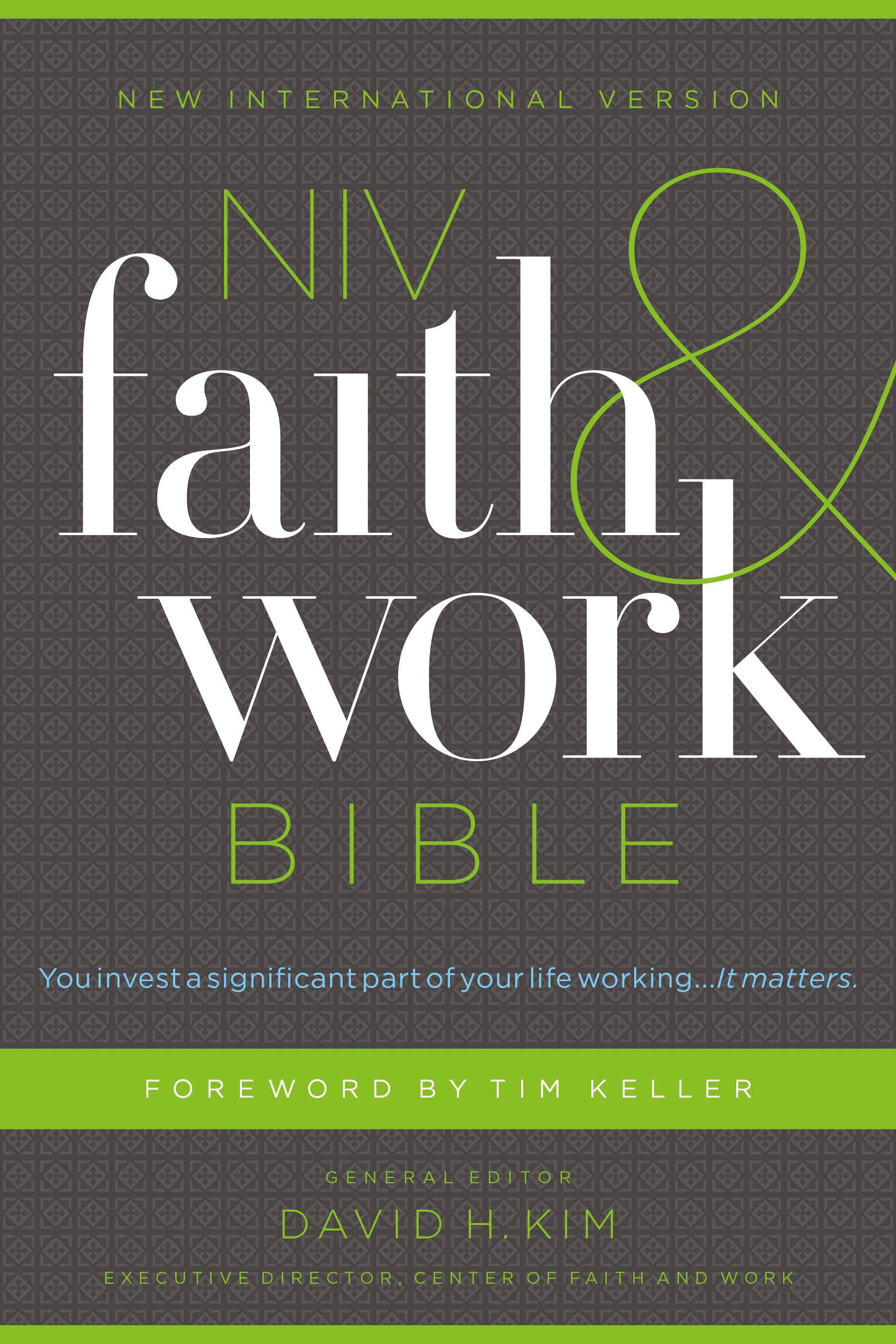It was nearly four years ago when it happened. Four years ago when my firstborn was rushed into the world and whisked off to Neonatal Intensive Care. Four years ago when I heard the words, “Don’t get your hopes up; 24-week babies don’t stay around long.” Four years ago when I stood over the incubator of a one-pound baby and asked, Do I really want this job after all?
I had always longed to lead a life of significance, beginning in the fifth grade, when I set my sights on the U.S. presidency. I think God knew these deep longings, but also knew my heart’s propensity to settle for short-lived, cheap, cultural influence.
Perhaps that’s why he made me a mother.
Dual Callings
My primary calling is being a mother to a healthy 1-year-old son and a 4-year-old daughter with a severe feeding disability. It is a joyful, hopeful, sorrowful, tear-filled calling. Our days begin with bottle feedings and diaper changes, and end with bathtime, booktime, and bedtime kisses. And the hours in between? I make meals. I wipe messes. I stop fights. I fill bellies. I teach letters. I make blanket tents. I pick up puzzle pieces, and buckle carseats, and do all the things every mom does every day to take care of her kids. Mothers don’t just feed bodies and change clothes—they fill souls and change habits. Mothers train, nurture, pray, please, discipline, admonish, comfort, and care.

But caring for a special-needs child provides another, unique set of responsibilities. I spend hours on the phone with doctors and insurance companies. I drive to and from hospitals and specialists’ offices, and sit at her bedside while she awakes from anesthesia. I make specialized meals and mourn the loss of family dinners. I agonize over her calories and measure vomit and record the day’s numbers. I spoonfeed a 4-year-old who still can’t chew Cheerios, and I implement countless techniques recommended by therapists. Having a daughter with special needs drives me to my knees. Several times a day, in fact, I’m on my knees cleaning up the vomit of one whose body rejects it. But I’m on my knees far more in repentance—confessing my envy of moms with the “normal kids,” my despair because things may never change, my favoritism of the “easy child,” and my arrogance towards God in thinking I know better.
My secondary calling is working alongside my husband in campus ministry. I sit across from women as they lay their souls bare, and I lead them to the Word, to Jesus himself—the spring of living water who never runs dry. I teach crowds of women from the Scriptures and minister through blogging to other young moms.
There’s incredible significance in my public ministry to young women and moms. But Jesus would say there’s greater significance in my private ministry to my children.
Glory in the Everyday
My most influential moments don’t come when I’m the one on stage, or the “wise counselor” with Bible in hand, or the faceless blogger spouting words of parental wisdom. Many people can teach, after all. But Jesus says the pathway to great influence lies not just in teaching, but in behind-the-scenes, sacrificial, “nothing-in-this-for-me” self-donation. Servanthood. Walking in the footsteps of the One who came to give his life away.
 It’s easy to get it backwards, isn’t it?
It’s easy to get it backwards, isn’t it?
Perhaps my moments of deepest influence are when I’m on my knees cleaning vomit for the fifth straight time that day, for the fourth straight year. Perhaps it’s when I watch her chew a single Goldfish cracker and excitedly announce, “I did it, Mama!” Perhaps it’s when the doctor announces a weight gain of six whole ounces, and we cheer and applaud because she continues to grow stronger each day.
These are moments of little significance to the world. There is no nod, no applause, no commendation from others. But when I lift my head and see the One on the throne, my eyes see the King of glory who became the greatest servant of all. In these small moments, both his majesty and humility remind me that great joy comes in serving others. And in our service, we experience glimpses of the glory to come.
Editors’ note: This story was submitted for TGCW14 and is included—along with 74 others edited by Bethany Jenkins, director of TGC’s Every Square Inch—in the new NIV Faith & Work Study Bible (Zondervan) edited by David Kim, director of the Center for Faith & Work at Redeemer Presbyterian Church. It also includes a foreword by Tim Keller and essays from Nancy Ortberg, Jon Tyson, and Richard Mouw.
Is there enough evidence for us to believe the Gospels?
 In an age of faith deconstruction and skepticism about the Bible’s authority, it’s common to hear claims that the Gospels are unreliable propaganda. And if the Gospels are shown to be historically unreliable, the whole foundation of Christianity begins to crumble.
In an age of faith deconstruction and skepticism about the Bible’s authority, it’s common to hear claims that the Gospels are unreliable propaganda. And if the Gospels are shown to be historically unreliable, the whole foundation of Christianity begins to crumble.






























